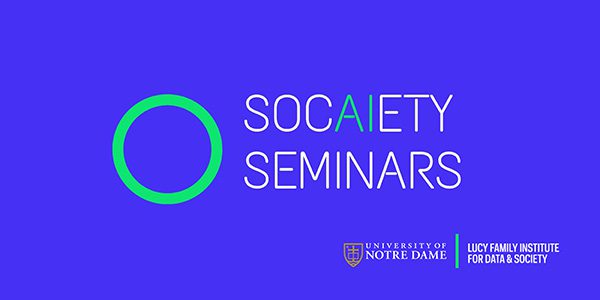In the sixth event of the Global Dialogues series, we visit Santiago, Chile with Juan Esteban Montes and special guests, Dr. Robert Nerenberg, Ignacio Vargas,and Marcela Vega. Together, these guests discussed their collaborative research on water in Chile.
To begin the discussion, Esteban gave a short introduction to the topic of this event and its guest speakers. Esteban said that Chile is one of the most water rich countries, yet one of the most water stressed countries for various reasons. Thus, Nerenberg, Vargas, and Vega’s research is crucial to water sustainability in Chile. Nerenberg received his Ph.D. from Northwestern and joined the faculty at Notre Dame in Environmental Biotechnology. Notre Dame’s connections through the Chile Global Gateway is what helped him connect with his fellow researchers and collaborators on his projects. Vega and Vargas joined his research project because it was a good opportunity to work on a project with both relevant social and environmental impacts on their home country. Nerenberg’s research is studying certain contaminants present in the water in Chile and how that impacts the environment.
Visit the event page for more.
While talking about the research on water contamination, Nerenberg wanted to assure viewers that tap water in Chile and many other parts of the world is safe to drink. There are many factors that may harm the water as the climate continues to change and the population’s impact on the environment grows. As these problems evolve, so does Nerenberg’s research.
Collaboration between these researchers is important. Each has a different background, knowledge base, access to different technologies, and different questions and ideas. The collaboration can take a research project like this much further than one can individually, and can lead to better understanding and more opportunities in the future.
Esteban switched from the formal discussion to taking a few questions from viewers. Questions ranged from the safety of groundwater, who should “own” the water in Chile, and how climate change is affecting rain and snowfall in Chile. Nerenberg, Vega, and Vargas agreed that water should be a public good that everyone should have access to. However, climate change is making water sources become scarcer, making Nerenberg and the team’s research more and more important to water sustainability in the future.


